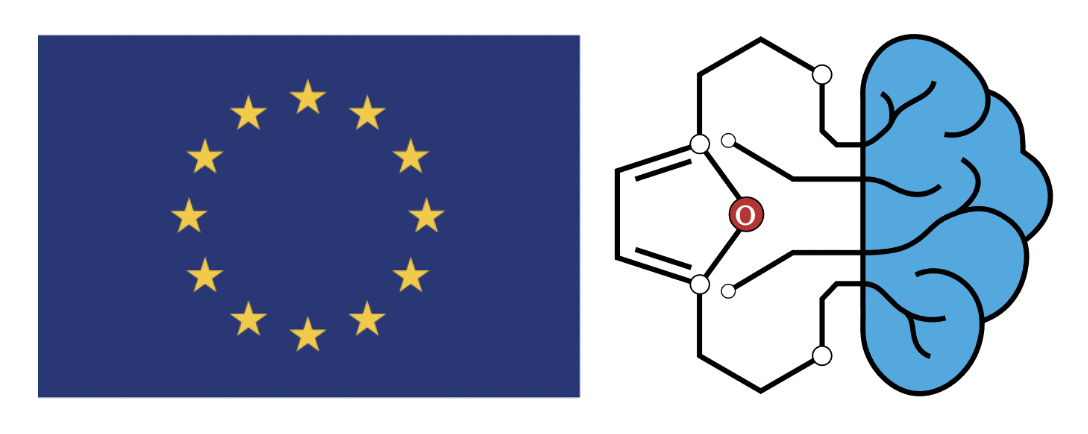The University of Strasbourg (UNISTRA) has a long history of experience in Chemoinformatics, with a 5-year study program dedicated to Chemoinformatics which started in 2001 and a laboratory founded in 2004. The team at UNISTRA develops new approaches in Chemoinformatics: molecular descriptors, interpretable QSAR, chemography, inverse QSAR, chemical reaction mining and flexible docking. The pedagogical program is backed by an internationally recognized research team. For instance, the team of Strasbourg is developing a toolkit in Chemoinformatics named ISIDA. This toolkit combines management of chemical information, analysis of data, machine learning, artificial intelligence and model publication tools. These tools are highly original, such as the Generative Topographic Maps used as a chemography tool to draw maps of the chemical universe in an analogous way to a geographic map. The team has also contributed heavily to interpretable QSAR, and is currently developing the concept of Condensed Graph of Reaction that was recently used to generate new reactions.
